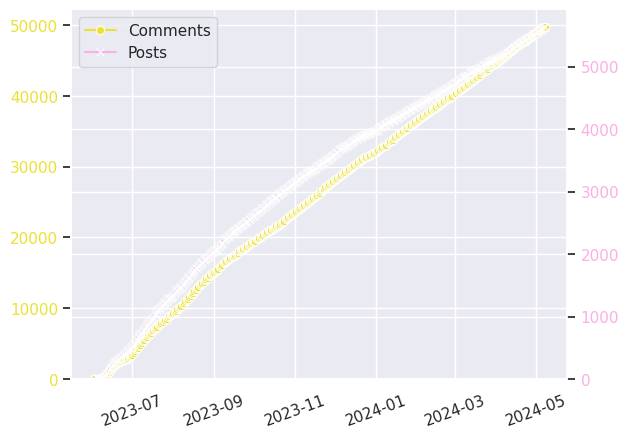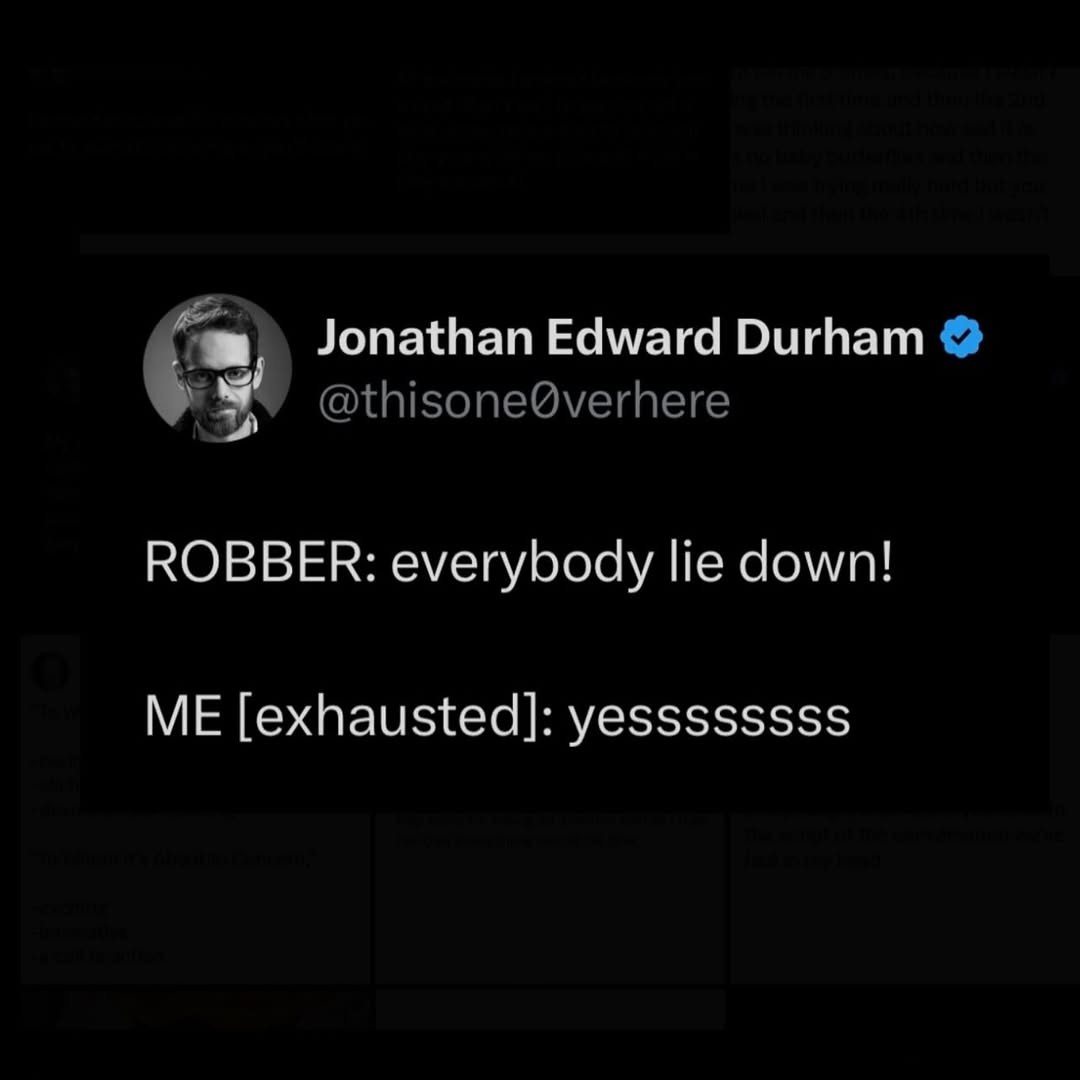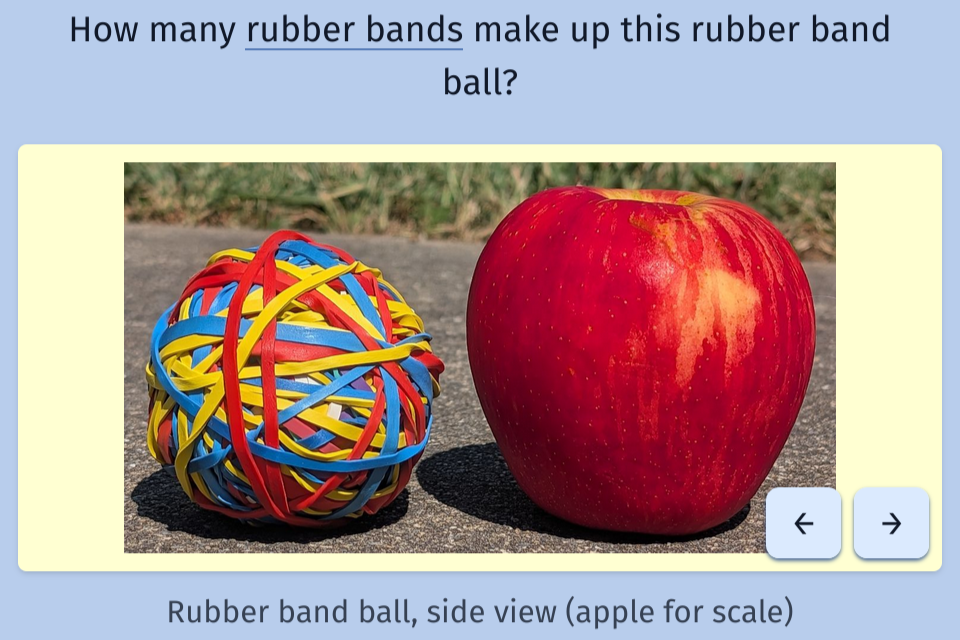
We were supposed to get a Black Superman movie. During a 2021 interview with Polygon, author and journalist Ta-Nehisi Coates, who was hired by Warner Bros. to write the film, opened up about his excitement over the opportunity. His greatest hope for what would ultimately a major twist on Superman’s cinematic legacy: that people could “have an experience of their own with the art” and allow his “Superman to have his chance.”
All signs point to Coates’ Superman not having his chance. According to a new report from the Wall Street Journal, the studio’s Superman reboot announced in 2021, which was to be produced by J.J. Abrams, was dismissed by WB CEO David Zaslav in 2022 for the movie’s racial themes. According to anonymous insiders, James Gunn, who now runs DC Studios for WB, still thinks the movie could happen, although Coates’ film wasn’t part of his initial DCU slate announcement.
Coates’ vision for the film reportedly revolved around a reimagined Kal-El and was set during America’s Civil Rights era, which would put him alongside real-life heroes like Dorothy Height, James Baldwin, Martin Luther King Jr., Daisy Bates, and Malcolm X. However, to “fix” a derailed and misguided DC that was coming off the Zack Snyder era, Zaslav canceled the film, asserting that the project was “too woke” (WSJ’s words, paraphrasing insider sources).
I know the internet loves the new co-opted definition of the term “woke.” I know that the crusades against “wokeness” — a term given to seemingly anything with a message that isn’t straight, white, and male-centered — are all the rage these days. (Emphasis on rage.) And yes, I know that, in Zaslav’s case, things being “woke” is likely a euphemism for “no Black stories allowed if said stories challenge or simply state a historical fact opposed to the opinion of loud rich white people.” But we can all agree that pejoratively calling something like Superman, whether Black or white, “woke” is a little foolish?

The term “stay woke” originated as an African American Vernacular English (AAVE) phrase that urged people to stay aware of political issues that plagued Black Americans. These issues are typically associated with racial and social injustices that Black people faced at the hands of legalized racist ideologies like segregation during the 20th century. Protest songs like Lead Belly’s 1938 “Scottsboro Boys” — a track referencing the nine African American teens who were falsely accused of raping two white women in Alabama and denied a fair trial — called for Black Americans to be aware of the social injustices around the country. In an interview about the trial and the song, Lead Belly doubled down on his mission to keep his brothers and sisters socially aware, calling for them to “stay woke and keep your eyes open.“
Since then, Black artists and activists have carried on the spirit of staying woke to the injustices around them. Activist Georgia Anne Muldrow, the woman who introduced new, modernized version of the “woke” term to neo-soul legend Erykah Badu and uttered the words on the 2008 track, “Master Teacher,” echoed Lead Belly’s sentiments and detailed the term as “definitely a black experience” and “understanding what your ancestors went through…just being in touch with the struggle that our people have gone through here and understanding we’ve been fighting since the very day we touched down [in America].”
As time and Black people have marched on, “stay woke” transformed into a rallying cry, becoming the backbone of the Black Lives Matter movement in 2014. Black folks, along with allies in the fight, continued onward in the mission to stay socially conscious of America’s historically oppressive systems, which, as you know, impacts all Americans.
In the aftermath of the BLM protests, the term underwent a third transformation; right-wing media had co-opted the term, mutating the phrase’s essence into a contested, negative criticism often flung at people of color and other allied parties. In 2025, the term exists as a catch-all for anything that is socially seen as “other” or people fighting for the rights of the “other.” Which even includes a white Superman, apparently.
Superman is an alien from the planet Krypton. By definition, Kal-El, whether Black, white, or half-Japanese in Lois & Clark star Dean Cain’s case, is an immigrant, in both the literal and metaphorical sense. And Superman has always been conscious of its social efforts to thwart the villainous machinations of comically crafted evildoers, whether it’s punching Nazis in 1938’s Action Comics #1 or stomping on the tech bro oligarchy in Gunn’s 2025 Superman — being “woke” is a part of the gig, guys. Cape comics are built on the foundational principles of vigilantism and the act of fighting for what’s right, not fighting for the right.
If the WSJ report is accurate in David Zaslav describing Ta-Nehisi Coates’ Superman project as “too woke” — and it’s conceivable considering how it’s the culture-war terminology of the day — he’s using a bastardized version of “stay woke.” Which bears repeating: Considering the true origin of being “woke” and how it has been co-opted to suppress, oppress, and repress marginalized communities, why it is socially taboo to give a voice to the voiceless and why stories different than your own experience make you uncomfortable?
To “stay woke” is to stay true to the fight that my ancestors fought before me, and while it’s upsetting that Ta-Nehisi Coates’ Superman and other projects are demonized for fighting for what’s right, it’s not surprising; this is precisely what Lead Belly wanted us to be aware of. So stay woke.
From Polygon via this RSS feed








